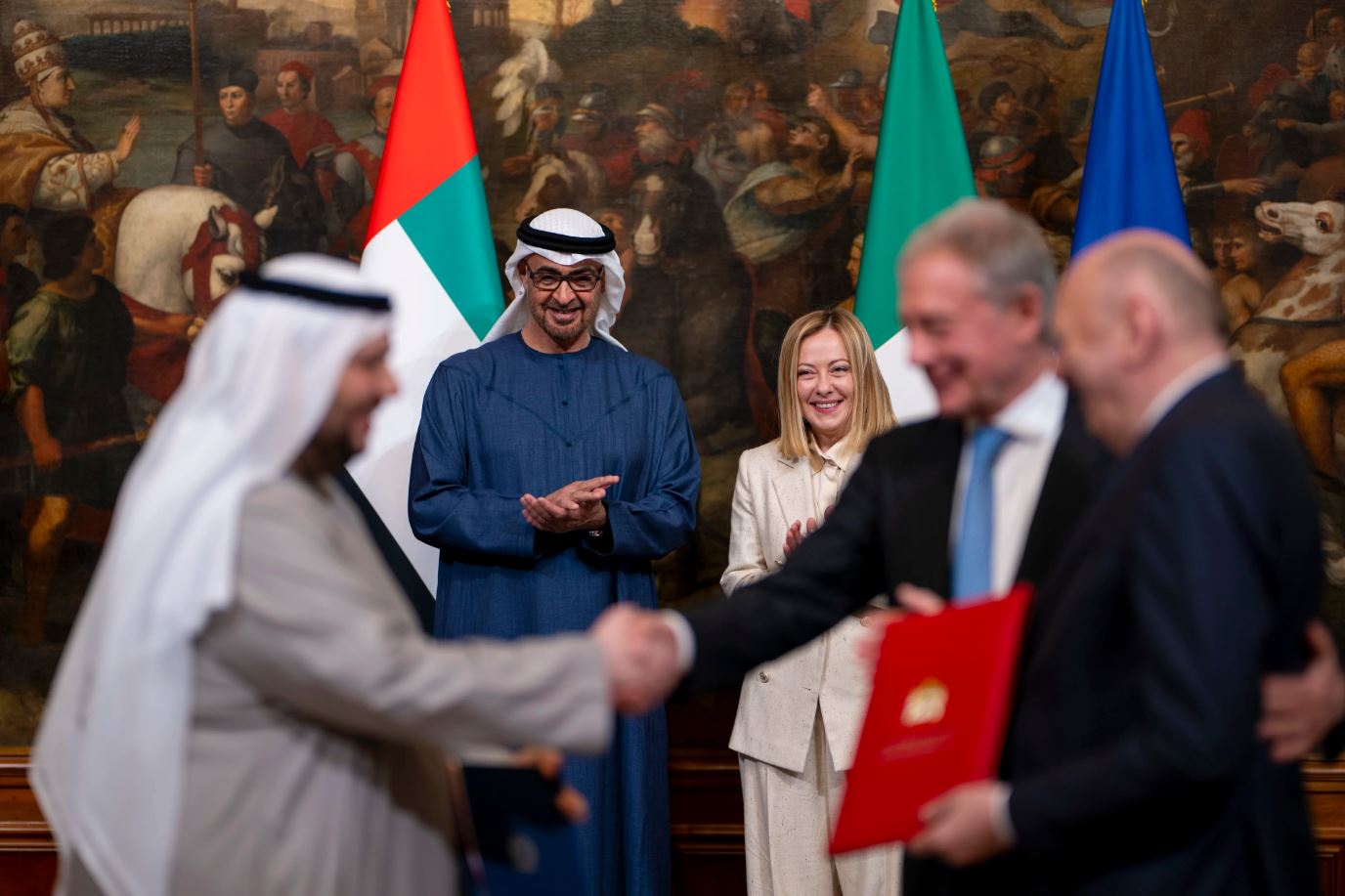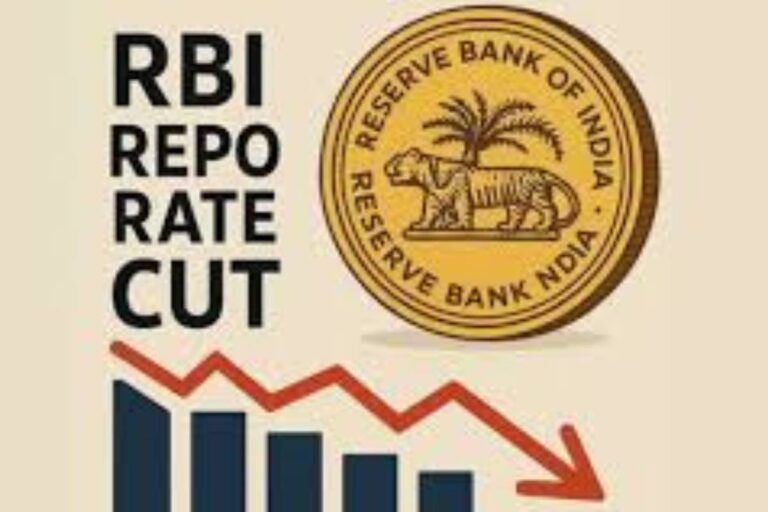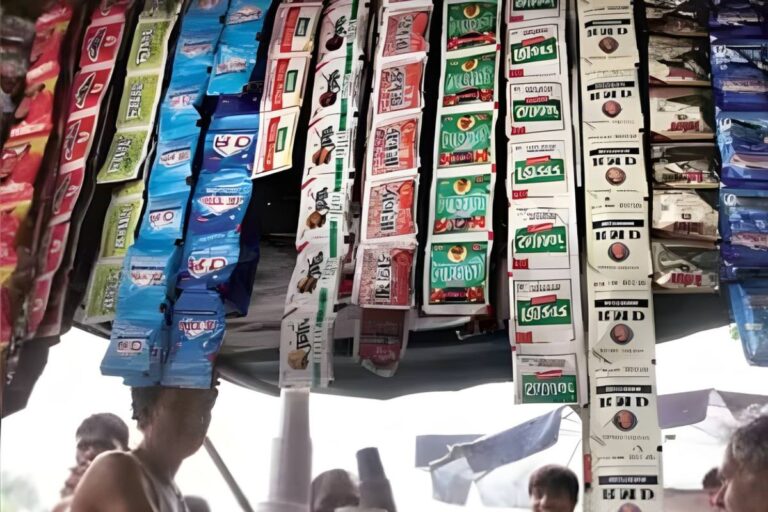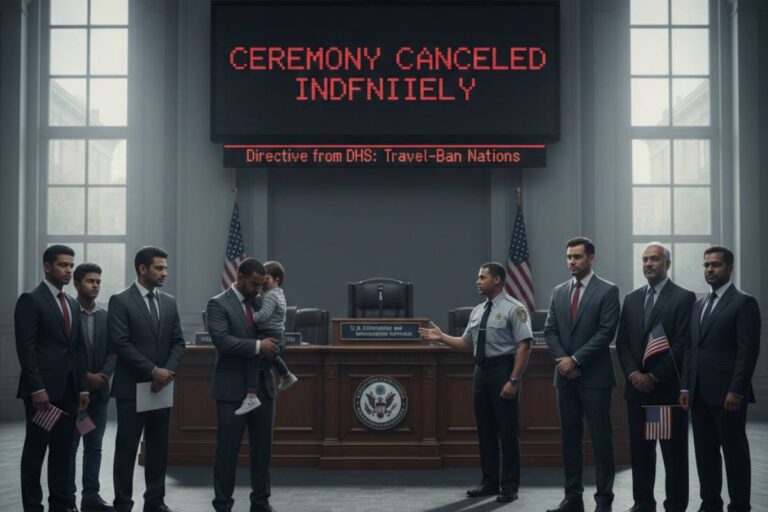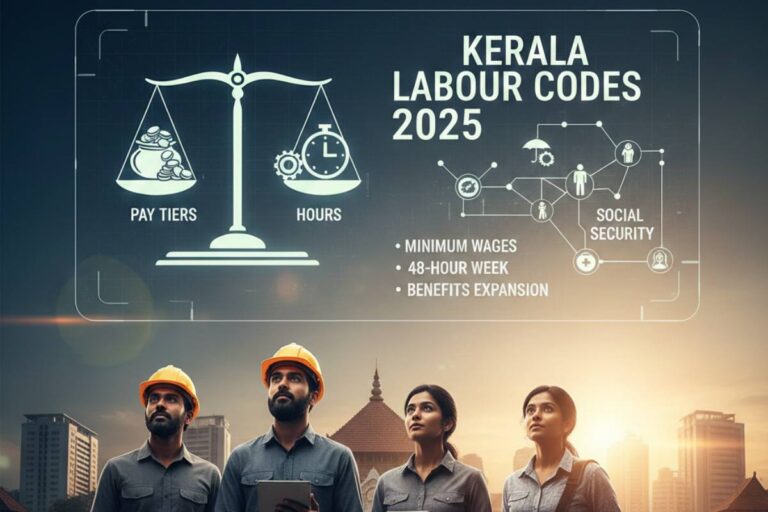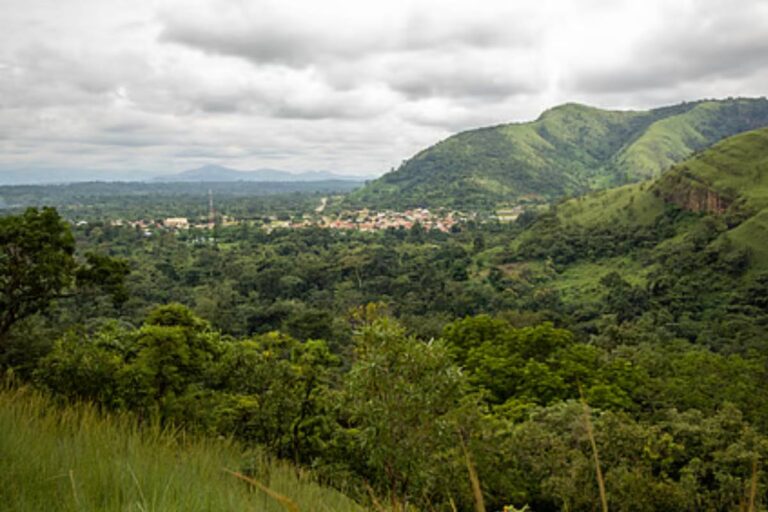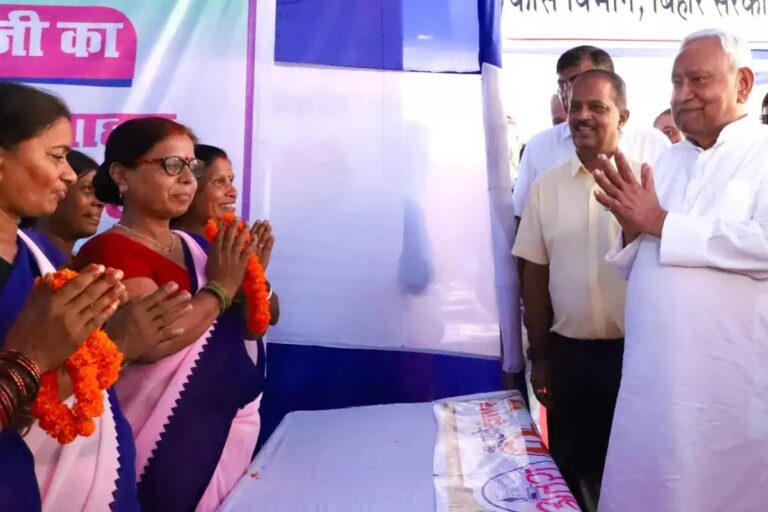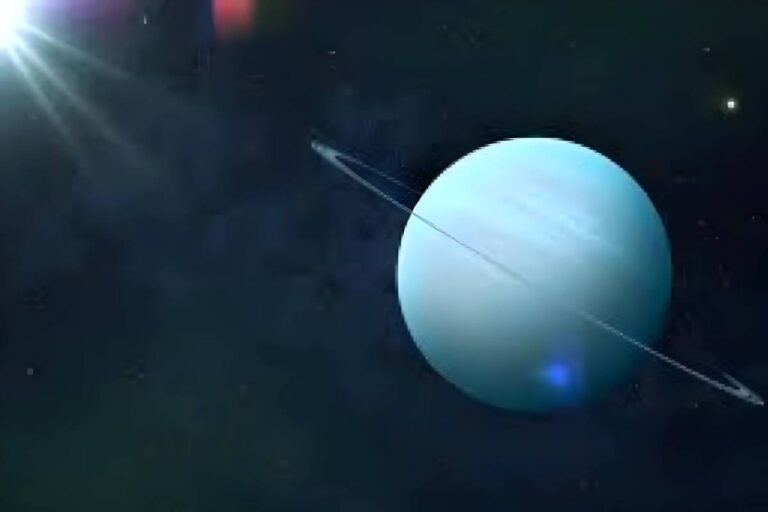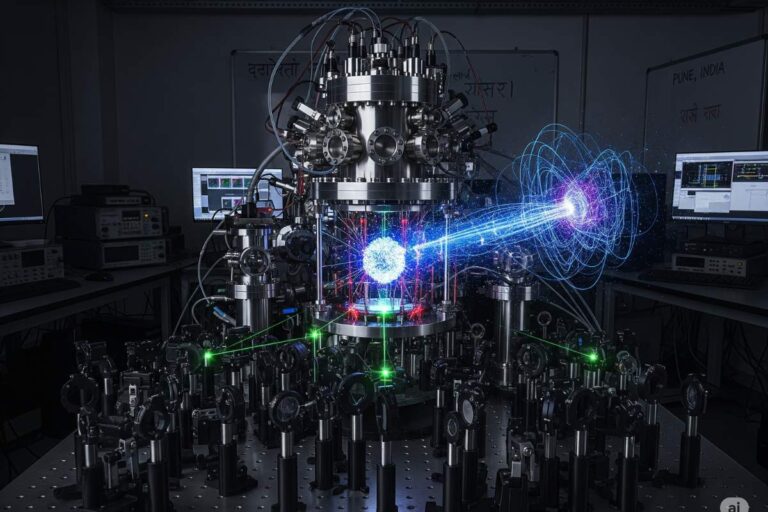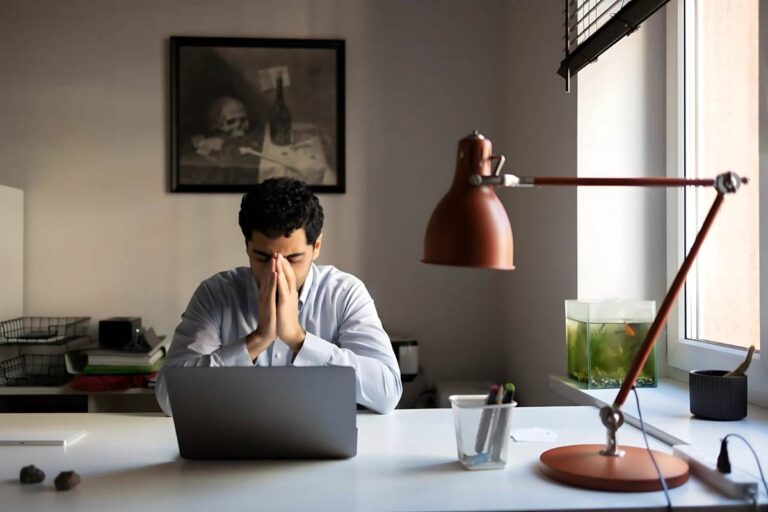A Trust and Ambition-Born Partnership
Italy and the United Arab Emirates (UAE) are quickly forging a strategic, forward-looking partnership that goes well beyond conventional trade. This emerging alliance now touches on sophisticated technologies, essential supply chains, and major international diplomatic initiatives. Founded on centuries of confidence and shared values, this partnership is positioning the two nations as critical players in a changing global scene. The focus on a “future-focused and vibrant” partnership, built on a “long history of trust,” implies an intentional and calculated shift by both nations towards a highly resilient and responsive partnership. At a time of rising uncertainty in a global world, nations are actively looking for stable, long-term partners. The specific reference to “trust” and “shared values” as the building blocks, and not just economic pragmatism alone, reflects a deliberate strategic decision to establish a strong partnership that withstood geopolitical changes. It is not simply about riding today’s opportunity but ensuring tomorrow’s stability and leverage through a highly aligned partner. Such an alliance, founded on deep trust and shared vision, could become a model for other countries to follow as they aim to diversify their alliances and become more resilient in a multipolar world, transcending strictly transactional partnerships to an advanced stage of global cooperation where reliability is the highest priority.
Economic Pillars and Strategic Investments: A New Era of Prosperity
Italy and the UAE have witnessed their economic bonds growing to unmatched heights, ushering in a new generation of prosperity for both countries.
Their bilateral trade has witnessed record levels, as Italian exports to the UAE now surpass that to Egypt, Morocco, and Libya collectively, and also exceed exports to India. This realignment highlights the UAE’s growing significance as a main economic ally of Italy, displacing traditional trade patterns and reflecting a dramatic reorientation of Italian economic interest. More than 600 Italian firms now have a presence in the UAE, and Italian investment in the country has increased by over 50 percent in the last half-decade.
Complementing this strong trade, the UAE is also making major strategic investments in Italy, up to €40 billion (Dh167 billion), with an emphasis on common priorities. This huge injection of capital reflects the UAE’s faith in the Italian economy and its insistence on long-term strategic cooperation, going beyond trade alone to outright capital investment in major sectors. A milestone in this strengthening bond was the historic state visit of the UAE President to Italy, marking the beginning of this new strategic collaboration. Reinforcing these bonds further, Italy was the first nation to ask the European Commission to open free trade agreement talks with the UAE. This request indicates a keen desire for greater institutionalized economic integration.
The reality that Italian exports to the UAE today exceed those to big traditional markets such as Egypt, Morocco, Libya, and even India, and in addition, the UAE’s massive €40 billion investment in Italy, marks a deep strategic re-prioritization and diversification of Italy’s international economic alliances. This implies a conscious and successful change of export strategy for Italy, and means the UAE is no longer one market amongst others, but a first-tier strategic economic partner outside the EU. The €40 billion investment is not only capital but a huge vote of confidence and a long-term bet on Italy’s economy, most likely on core strategic sectors.
This indicates deeper economic interdependence and mutual dependence as opposed to purely transactional trade. This trend indicates that Italy is very much diversifying its economic dependencies away from potentially unreliable traditional markets to more stable and strategically aligned partners in the Gulf Cooperation Council. To the UAE, it is a strategic investment of capital to lock in influence and access to cutting-edge European technologies and markets to drive economic diversification away from oil. The mutual economic power that results from this alliance can be a force of stability in world trade.
To indicate the scale of this economic alliance, a snapshot of some salient figures is offered below:
Italy-UAE Economic Partnership Snapshot
| Metric | Details |
|---|---|
| Trade Volume | Record highs achieved |
| Italian Exports to UAE | Exceeds exports to Egypt, Morocco, and Libya combined; surpasses exports to India |
| Italian Companies in UAE | Over 600 |
| Growth in Italian Investments in UAE (past 5 years) | More than 50% |
| UAE Investments in Italy | Up to €40 billion (Dh167 billion) |
Venturing into the Future: Technology, Energy, and Strategic Supply Chains
The partnership between the UAE and Italy also extends to advanced sectors, demonstrating the forward-looking nature of their cooperation. A central emphasis is placed on innovative technologies, with a focus on collaboration in fields such as artificial intelligence, digital infrastructure, and space exploration.
Concrete instances of such synergy of technology are the building of a future-proof data center in Italy with state-of-the-art carbon capture systems, and a gargantuan endeavor for leveraging Europe’s biggest supercomputer cluster, also in Italy. In addition, new space cooperation programs reflect their shared aspiration in this frontier sector. This is a section that highlights the future-oriented nature of the partnership, highlighting areas that will determine world competitiveness in the next decades, going beyond the conventional industries into high-innovation and key-strategic areas.
Outside of space and digital frontiers, the two countries are directly involved in the transition to energy and ensuring key resource supply chains. They are jointly pursuing efforts centered on energy, exemplifying a common interest in international energy security and sustainability. Their cooperation also includes ensuring access to rare earth supply chains, a forward-thinking strategy in ensuring access to essential resources to support modern technologies and green transformations.
The overt emphasis on cutting-edge technologies like AI, digital infrastructure, and space, as well as on rare earth supply chains, represents a shared acknowledgment of strategic imperatives for the future of the world. Through this collaboration, competitive advantages are intended to be secured, and resilience is meant to be created in these priority areas. AI, digital infrastructure, and space are not emergent technologies alone; they are cornerstones of future economic growth, national security, and world influence. Rare earths, which are critical to green technologies and high-tech manufacturing, have highly strategic and frequently geopolitically charged supply chains.
The agreement in these fields means that Italy and the UAE are not merely seeking short-term economic advantage but are actually actively building future technological leadership and attaining vital supply chain resilience against possible global interruption. This is a forward-thinking approach to face future international challenges and maintain national competitiveness. Through combining resources and knowledge in these areas, Italy and the UAE are setting themselves up to be leaders in defining the next technological innovation wave and management of global resources. This cooperation has the potential to establish new global standards for global cooperation in strategic areas, shaping global norms for responsible AI development, space policy, and strategic mineral procurement.
Connecting Continents and Building Global Stability.
The Italy-UAE collaboration is also driving the creation of new global trade corridors and international stability. The two countries are among the prime partners in the novel India-Middle East-Europe (IMEC) economic corridor, a visionary program aimed at bridging continents and unlocking considerable growth opportunities across extensive geographical areas. This is an indication of their common vision to expand global trade and possibly redefine geopolitical alignments.
Apart from connectivity, Italy and the UAE are also collaborating in Africa, cooperating to build prosperity throughout the continent. This indicates that they share a common interest in sustainable development and regional stability, leveraging their respective strengths and historical connections.
In addition, the cooperation encompasses humanitarian assistance and international diplomacy, reflecting shared values and diplomatic alignment on key global issues. They have a deep commitment to offering humanitarian assistance, especially to the vulnerable, like civilians in Gaza. They continuously appeal for dialogue, hope, and tolerance in international relations, demonstrating their shared diplomatic ideals.
Their specific actions include their joint appeals for an end to bombings in Gaza, renewing humanitarian assistance, and upholding international humanitarian law. Their commitment to dialogue among different faiths is also informed by visions inspired by Pope Leo XIV and by the Document on Human Fraternity, signed in Abu Dhabi in 2019. This shows that the partnership goes beyond strategic and economic interests to common moral values and a shared dedication to world peace and humanitarian well-being, considerably boosting their soft power and diplomatic reputation. The cooperation in the IMEC corridor and combined undertakings in Africa, along with converging humanitarian and diplomatic positions in delicate cases such as Gaza, reveal a calculated effort by Italy and the UAE to take an active role in structuring a more integrated and stable multipolar world order.
This goes beyond self-interest between bilaterals and aims at taking on wider regional and global leadership. IMEC is a reaction to current patterns of trade and geopolitical alignments, marking a move towards the establishment of new axes of connectivity and influence. Collective action in Africa portends a collaborative approach towards development and stability in a strategically significant emerging continent, potentially drawing on their respective historical connections and financial capabilities. Their collective voice on sensitive topics such as Gaza and their adherence to interfaith dialogue show a shared sense of moral direction and an aspiration to exercise soft power, adding to their diplomatic stature.
This is not just bilateral collaboration; it is a voluntary attempt to co-author a new chapter in global connectivity and diplomatic relations. This multi-faceted engagement brings Italy and the UAE at the forefront of a future international order that is centered on connectivity, people-centered development, and humanitarian values. It implies a strategic convergence that aims to advance stability and growth in a tumultuous world, possibly presenting an alternative system to conventional power alliances and promoting a more balanced international system.
People-to-People Bonds and Cultural Exchange: The Human Fabric of the Alliance.
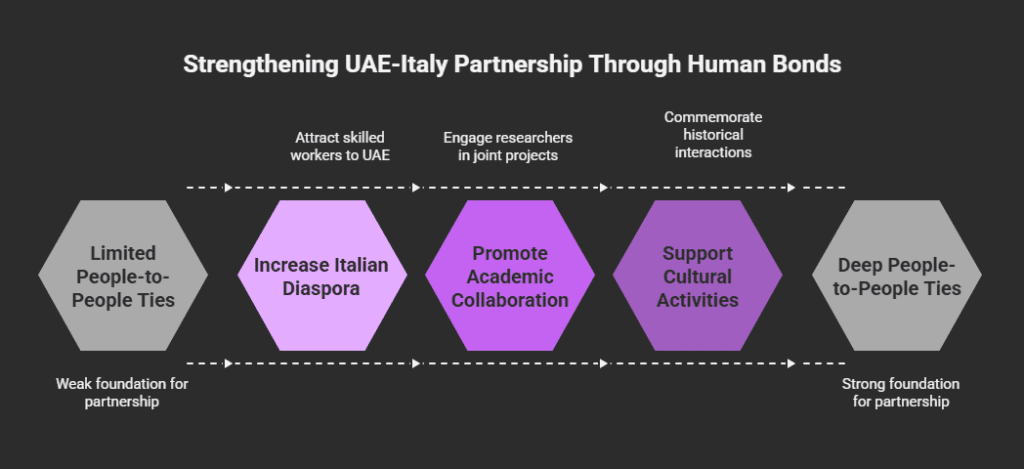
The profound human bonds between the UAE and Italy constitute an essential fabric that supports their strategic partnership. In excess of 20,000 Italians are residing and working in the UAE, bringing their skills and innovation to the economy. This impressive diaspora creates immediate knowledge transfer and cultural exchange. Additionally, over 160 Italian researchers and scholars are directly engaged in advanced projects within UAE institutions, further solidifying intellectual and scientific ties. This highlights the deep human capital going into the partnership.
Cultural activities also have an important role in bridging historical and ongoing connections. A recent show named “From Sharjah to Rome via the Spice Route” at the Roman Forum commemorated the centuries-old historical interactions and inter-influences between the two cultures. This shows how historical connections are being actively commemorated and sustained, developing a rich cultural aspect to the contemporary partnership.
The large number of Italian professionals and intellectuals in the UAE, in addition to lively exchanges, suggests that the alliance is not entirely government-based or transactional economic. It is strongly based on genuine, people-to-people interactions that develop common understanding and a long-lasting spirit of cooperation. As much as economic and diplomatic connections are important, a massive, living diaspora and academic exchange represent an organic, bottom-up level of integration. This human factor fosters trust, enables direct knowledge sharing, and forms a long-lasting social bond for the alliance. It implies the relationship is less prone to temporary political swings since it is complemented by common experience and mutual respect of cultures and know-how.
Cultural exchange deepens the connection even further, reminding both parties of their common historical experience and interdependence. This underscores that genuinely strategic and resilient global alliances are constructed not only on state-level deals but also on strong people-to-people ties. It envisions a model in which cultural diplomacy and mobility of human capital become as significant as economic treaties in promoting long-term, sustainable alliances.
Ambassador’s Vision: An Unstoppable Alliance
The Italian Ambassador to the UAE, Lorenzo Fanara, speaks of robust optimism and deep faith in the partnership’s vigor and future direction. He always underscores the “vibrant and future-looking” character of the relationship, pointing to the high degree of trust and harmony that forms its foundation. His Republic Day slogan, “Forging the Future Together,” summarizes his all-encompassing vision for the partnership.
Ambassador Fanara sees the relationship as not only based on strategic interests but also solid personal contacts and social ties, acknowledging the human factor as an essential basis. He staunchly believes that both countries have a shared responsibility towards global humanitarian causes, carrying their partnership beyond bilateral benefits to overall global well-being. His statement that the longstanding trust between the two countries makes them “unstoppable together” in an “uncertain world” expresses a deep sense of mutual fate and strength.
The use of language such as “unstoppable together” in an “uncertain world,” as well as the Ambassador’s insistence on “personal relationships and social bonds,” betrays a strategic awareness that strong, trust-based relationships are necessary for coping with international uncertainty and realizing mutual long-term goals. The overt use of an “uncertain world” and the statement of being “unstoppable together” is not rhetoric. It is a deep strategic observation that in a risky world, bilateral power based on trust and alignment (going beyond transactional interests) is an essential resource.
The focus on “personal relationships and social bonds” highlights the assumption that human connections form the foundation of strong alliances that make them more resilient and versatile than their political or economic counterparts. This is an indication that there is a deliberate attempt to forge a partnership that will withstand outside pressure and inside change. This is a formula for how countries can create strong alliances for the 21st century. It proposes that although strategic interests remain most important, the long-term success and efficacy of partnerships are greatly strengthened by developing profound trust, common values, and solid interpersonal relationships, establishing a genuinely integrated and robust front against global challenges.
Conclusion: A Model for Future-Oriented International Cooperation
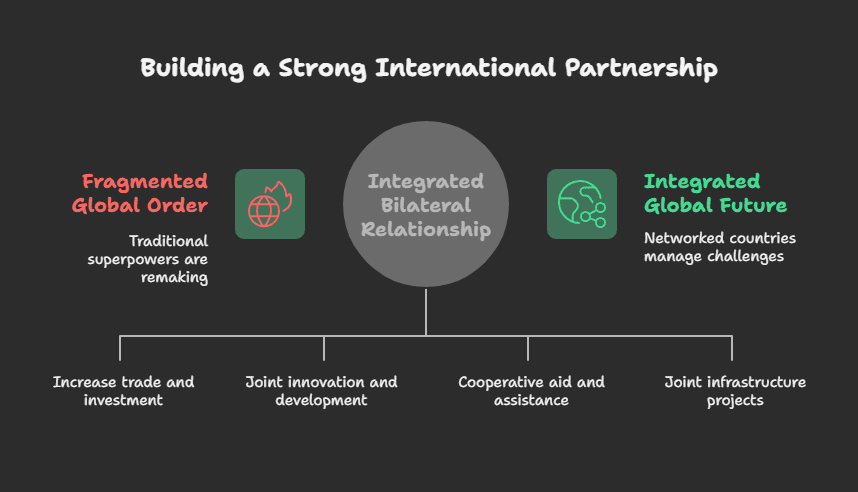
The flourishing cooperation between Italy and the United Arab Emirates is an interesting model of how common heritage, confidence between nations, and reciprocal aspirations for the future can merge to form a strong and dynamic international partnership. From unprecedented economic transactions and innovative technological projects to joint humanitarian programs and cooperative global connectivity projects, Italy and the UAE are showing an integrated strategy towards bilateral relationships.
The all-encompassing character of this alliance, encompassing economic, technological, diplomatic, and humanitarian fronts, makes it a probable model for how middle powers can create effective, durable coalitions within a multipolar world. In an age when traditional superpower configurations are remaking, the Italy-UAE partnership shows how two countries, neither of which is a global superpower, can jointly mobilize their strengths, economic, technological, diplomatic, and cultural, to bring considerable regional and global weight to bear. Their cooperation in projects such as the IMEC corridor, common initiatives in Africa, and common positions on global humanitarian matters indicates a proactive attitude in managing global affairs instead of just responding to them. Such an integrated conception of partnership, resting on confidence and shared values, is a strong example of other middle powers desiring to increase their strategic autonomy and collective influence.
As both countries continue to navigate a more complex world, their “unstoppable together” philosophy, built on profound trust and mutual responsibility, makes essential contributions to a more integrated, prosperous, and stable world future. This collaboration represents a possible shift in global governance, in which networked constellations of like-minded countries, not just large blocs, have an increasingly critical role to play in managing complex global challenges and building stability. It emphasizes the increasing significance of agile, trust-based bilateral and mini-lateral engagements in constructing the future global order.








